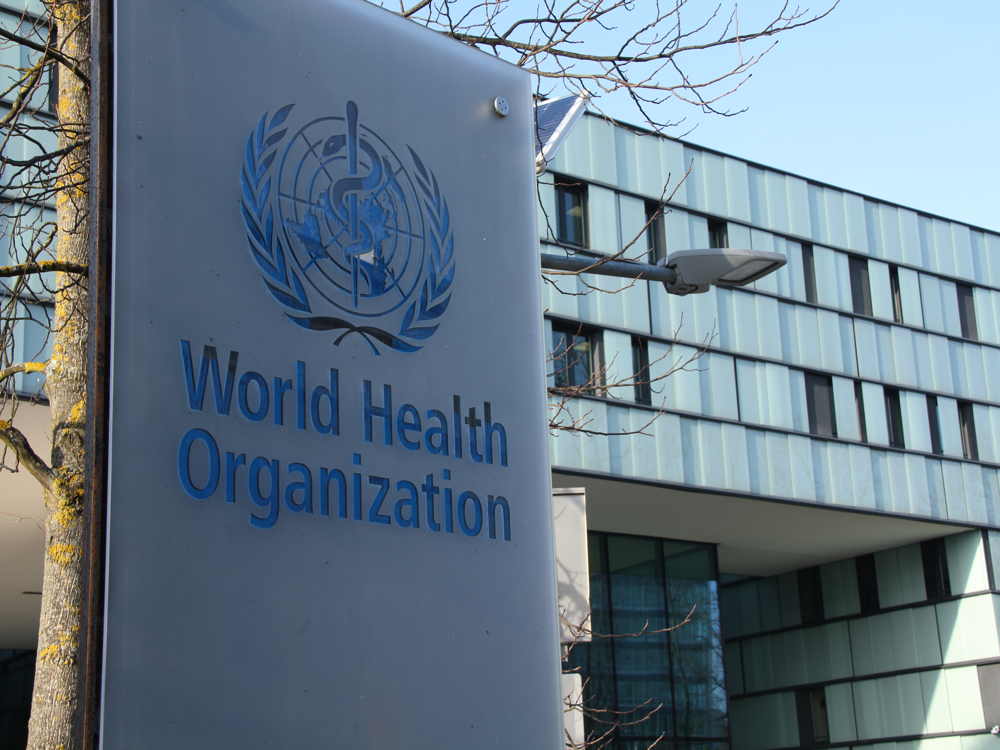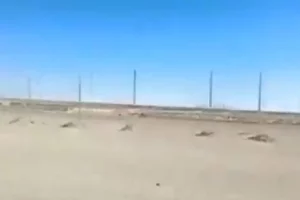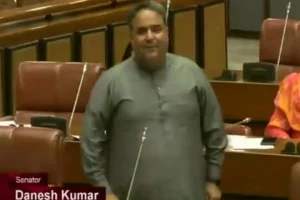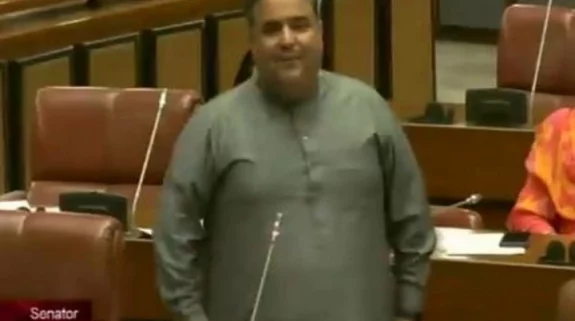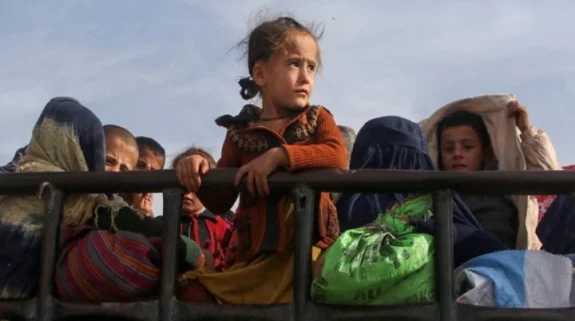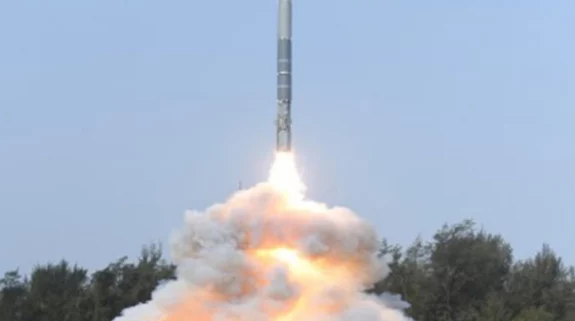The United States and 13 other countries have issued a joint statement expressing concern that the World Health Organization (WHO) report on the origins of the deadly coronavirus was delayed and lacked access to complete data, according to a joint statement.
The statement follows WHO Director-General Tedros Adhanom Ghebreyesus’s assertion that data was withheld from its investigators who visited China to research the origins of the pandemic.
"It is equally essential that we voice our shared concerns that the international expert study on the source of the SARS-CoV-2 virus was significantly delayed and lacked access to complete, original data and samples," states the joint statement released on the website of the U.S. State Department.
The statement has been signed by the governments of Australia, Canada, Czech Republic, Denmark, Estonia, Israel, Japan, Latvia, Lithuania, Norway, the Republic of Korea, Slovenia, the United Kingdom, and the United States.
The joint statement comes out in favour of further studies of animals to find how the virus was introduced to humans, and called for a renewed commitment from WHO and member countries to access, transparency and timeliness.
“It is critical for independent experts to have full access to all pertinent human, animal, and environmental data, research, and personnel involved in the early stages of the outbreak relevant to determining how this pandemic emerged,” the statement said.
Establishing such guidelines for investigations will help countries detect, prepare and respond to future outbreaks, it said.
China refused to provide raw data on early COVID-19 cases to the WHO-led team, one of the team’s investigators has already said, potentially complicating efforts to understand how the global pandemic began.
The joint World Health Organization-China report on the origins of the coronavirus says it most probably jumped from animals to humans via an intermediate animal host, downplays the possibility it leaked from a lab and suggests next steps in a complex search mired in controversy.
The WHO report fails to shed light on what happened at Wuhan in China, from where the coronavirus had broken out in late 2019 and early 2020.
Given China’s coverup of the outbreak in Wuhan, the WHO’s early praise for the country’s response and the fact that it took a full year to get a joint Chinese-international team on the ground for a brief visit, the critical but challenging search for clues faced skepticism from the start.
US Secretary of State Antony Blinken told CNN last week he had concerns about “the methodology and the process,” including “the fact that the government in Beijing apparently helped to write it.”
“I don’t think the global community can have confidence in this report, because of China’s lack of transparency on necessary data sources, as well as the close relationship the team had to have with China,” said Larry Gostin, a professor of global health law at Georgetown University.
The WHO team recommends further study of the possible path of transmission between animals and humans and on transmission through frozen food — a once-fringe theory favored by the Chinese government. It does not recommend additional research on the lab leak hypotheses.
But WHO Director-General Tedros Adhanom Ghebreyesus, who did not visit Wuhan, did not give any clear message at a news conference on Monday, saying “all hypotheses are open” and warrant future study.






